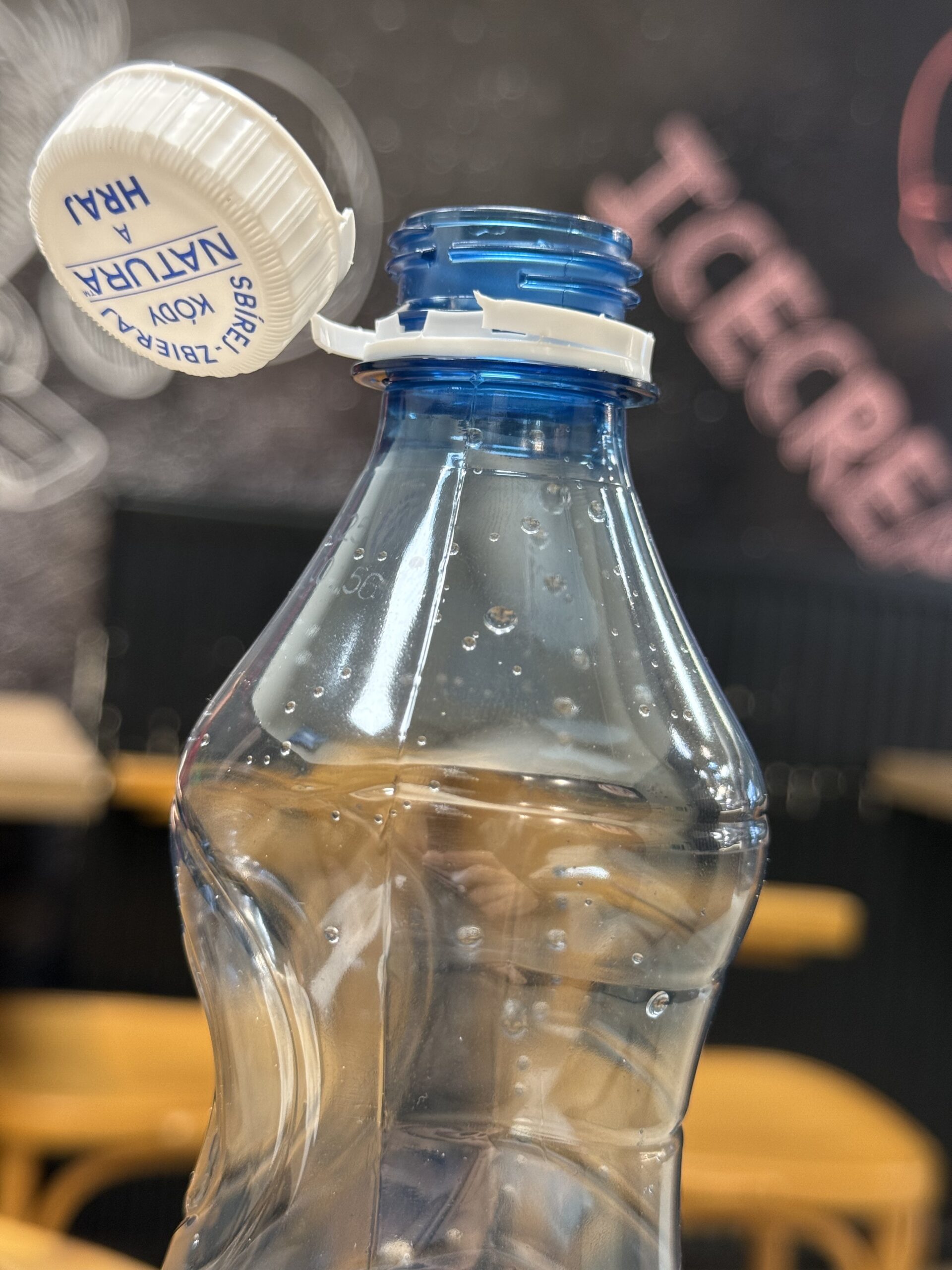If you know me, you know I always have an obsession—or a few—on the go. Whether it’s tweaking my routine, overhauling my environment, or diving headfirst into the latest research, I tend to go all in. My latest obsession? Reducing plastics and phthalates in my life.
It all started when Huberman released a podcast about the dangers of phthalates. Here’s the episode that got me started:
That was enough to send me spiraling into research mode. A few weeks later, another podcast came out that solidified my commitment to waging war against plastics. Here’s the follow-up:
By the time I finished listening, I was armed with a fresh wave of determination and ready to change my life.
And can you blame me? With all the reports about microplastics in our bodies, I can’t help but worry that my testicles are now 30% reusable shopping bag. As for my brain, I wouldn’t be surprised if, when I die, it joins the ranks of forever plastics, floating aimlessly in the ocean for eternity—or worse, clogging a whale’s blowhole.
I bought stainless steel thermoses, ditched single-use coffee cups, and swapped my plastic tupperware for glass. I even installed a 6 stage remineralizing reverse osmosis water filter on my taps at home. Call me extreme, but I wanted to leave plastics in the dust.
Or so I thought.
This trip was supposed to be a break from many things—work, deadlines, timeframes—and even from phthalates and plastic bottles. But that last part? Absolutely impossible. Everything here seems to be wrapped, bottled, or sealed in plastic. It’s everywhere, unavoidable and insistent, like a quiet reminder of how deeply modern life is entwined with convenience.
But while my quest to avoid plastics failed spectacularly, I found myself marveling at something else: the way people here consume food.
Unlike the Western habit of stocking up for weeks—bulk Costco hauls and freezer-filled security—here, people buy food for the next day. Tiny portions, always fresh. There’s no hoarding or overbuying. It’s an art of precision, and the results are hard to argue with.

On transit, you’ll see someone with two dinner buns and a cucumber casually hanging out of their jacket pocket. It’s such a contrast to the sprawling grocery carts piled high back home. Here, their shopping carts are modest, filled with just enough for the next meal or two.
And the bread. Oh, the bread. The quality here is unmatched. It smells incredible, like a warm, comforting hug for your senses. People eat it as a standalone snack, tearing into a fresh roll or loaf during the day. It’s not slathered in butter or turned into a sandwich—it’s simply bread, fresh and perfect on its own. And it has to be bought daily. I don’t even think we have bread like this back home. Not the kind that demands to be eaten fresh, no preservatives needed.
So while my attempt to escape plastics has failed miserably, this trip has at least given me an appreciation for how differently people approach food here. Back home, I’ll probably return to Costco hauls and meal prepping, but part of me will miss the simplicity of grabbing a fresh loaf of bread or two dinner buns and a cucumber for the day.
Perhaps my next obsession will be figuring out how to make the perfect loaf of bread—one so good I’d eat it plain, no butter or toppings needed. Until then, I’ll just appreciate the lesson: sometimes, it’s not about stockpiling; it’s about enjoying things fresh, one day at a time.
